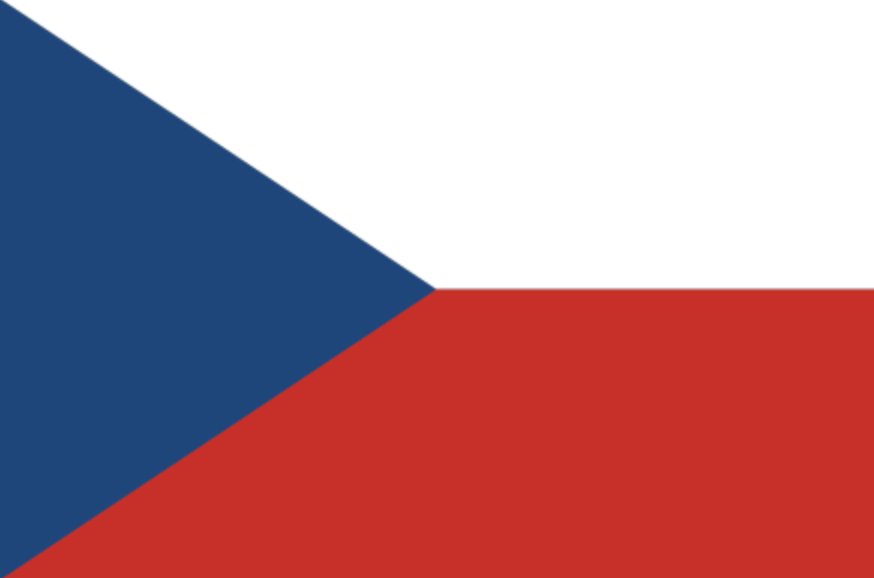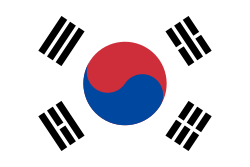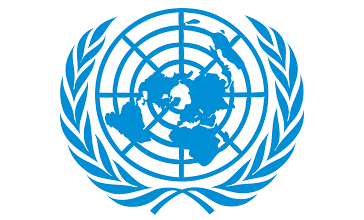IOM Vision
IOM strives to support all Afghans - women and girls, boys and men - to be able to live and move in safety and dignity, and to have hope for the future. IOM works with the Afghan people to deliver life-saving humanitarian and protection assistance, to reduce the negative drivers of migration, and to improve the resilience of displaced and affected communities, aiming for migration in Afghanistan to become a choice rather than a necessity.
Objective
Saving lives and protecting people on the move
Internally displaced persons (conflict and disaster); vulnerable cross-border returnees; vulnerable host communities.
Through mobile teams based at IOM's field offices, covering each region of the country; and through IOM's warehousing capacity, IOM will continue to:
- Co-lead the Emergency Shelter and Non-Food Items (ES-NFI) Cluster with UNHCR;
- Preposition ES-NFI in strategic locations across the country in 16 IOM warehouses;
- Maintain and expand warehousing to additional strategic locations;
- Provide ES-NFI support based on needs identified across all 34 provinces, for conflict displaced, disaster-affected and those who intend to return to their places of origin.
- Provide winterization assistance through in-kind or cash-based modalities where possible across 34 provinces in 2022;
- Support durable solutions through shelter construction to increase the life span of shelters to mitigate the need for cyclical humanitarian support.
IOM has the global and local capacity to strengthen site management coordination and operations capacity given the expansion of displacement sites and anticipated continuation of population movements. IOM will:
- Support coordination and advocacy on safe and dignified living conditions for people in displacement settings;
- Strengthen information management through IOM's DTM, and advocate and promote effective multi-sector needs and response, including linkages to durable solutions, in line with the recent establishment of the camp coordination and camp management working group;
- Establish community resource centres in 4 target provinces to support internally displaced people and host communities, aiming at filling gaps in communication, community engagement and coordination by providing a physical location for IDPs, host communities, protection actors and other service providers and other stakeholders to connect, and complemented with mobile outreach teams to cover scattered rural locations;
- Ensure multi-sector coordination at the site level in peri-urban and rural areas through mobile teams to ensure an appropriate governance and coordination structures, including functional referrals to IOM programmes, cluster partners and other concerned agencies with a focus on 16 informal settlements in 4 target provinces with the goal of improved living conditions and active participation of the displaced population.
|
Working in close coordination with the health cluster and partners, IOM will sustain and strengthen delivery of essential health care to serve both IDPs and vulnerable returnees, as well as vulnerable members of the surrounding communities, including:
|
|
IOM will further develop its MHPSS programming to meet the massive psychosocial needs arising from widespread and chronic stress and trauma in Afghanistan. MHPSS activities will include:
Activities will be provided through mobile health clinics or at any of the available safe spaces within the targeted area. The MHPSS team will ensure that the activities are tailored according to the age and gender categories and are culturally appropriate. All activities provided will be in line with the IOM Manual on Community-based MHPSS in Emergencies and Displacement, and the IASC Guidelines on MHPSS in Emergency Settings. |
|
IOM’s WASH unit will include both technical and public health expertise to ensure timely and appropriate WASH response and services where needed across the country, prioritizing activities that will mitigate the risk of transmittable disease outbreaks, including COVID-19 and acute watery diarrheal (AWD) diseases working in close cooperation with IOM Afghanistan's health teams. This will include:
|
|
IOM manages eight reception and transit centres at four major land border crossing points (Nangahar, Kandahar, Herat, Nimroz). These will continue to provide assistance for vulnerable undocumented returnees including:
|
|
IOM will support undocumented returnees and IDPs facing protection risks to return and/or reintegrate in safety and dignity through the provision of tailored emergency assistance at border points and provinces of return. IOM will:
|
|
IOM will enhance overall immigration and consular assistance to support needs in the current context through digitalization, including the development of virtual and online tools, flexible and customizable tools for immigration processes, including for resettlement. This will include:
Note that the extent and nature of emergency consular assistance will depend on context and feasibility, as well as the needs of member states. Therefore, no funding requirement is set for this area of activity. |

Objective
Driving solutions to displacement
|
Displacement-affected communities, communities hosting high numbers of internally displaced and/or returnees, or communities of high migration trends |
|
IOM will accelerate delivery of area-based humanitarian, early recovery, reintegration and resilience projects across 150 displacement and conflict-affected communities. This will include:
|
|
In the same 150 communities targeted with area-based responses for community stabilization, activities supporting durable solutions will also be delivered. This will include:
|
|
In coordination with Health Cluster partners, IOM will:
|
|
In the same 150 communities selected for an area-based approach, IOM will:
|
Objective
Strengthen preparedness and reduce disaster risk
Disaster-prone communities at high risk of flood or other natural hazards including host communities of IDPs.
Aligning with the Sendai Framework, IOM will work towards preventing the worst impacts on vulnerable populations living in disaster-prone areas through:
- Constructing 25 small-scale disaster risk management (DRM) infrastructures (such as gabion walls or irrigation systems)in 10 provinces;
- Implementing community-based disaster risk management (CBDRM) in 40 communities across 10 provinces; With women, men, boys and girls involved, communities will build and be equipped for community disaster management action plans, community hazard maps and early warning systems;
- Pilot hazard mapping in three sites.
|
The massive psychosocial needs arising from widespread and chronic stress and trauma in Afghanistan demand sustained efforts to strengthen MHPSS systems. To this end, IOM will:
|
|
IOM will sustain and strengthen support at points of entry through the following activities:
|
Objective
Contribute to an evidence-based and efficient crisis response system
Humanitarian and development actors, with a view to the delivery of better targeted, evidence-based, mobility sensitive and sustainable preventative, humanitarian and recovery programming for people in need across the country.
|
IOM’s Displacement Tracking Matrix (DTM) will provide accurate and timely data to IOM and the humanitarian and development community in Afghanistan. DTM tools quantify population sizes, locations, needs, and mobility patterns, as well as the profiles and intentions of migrant, mobile, cross-border and nomadic populations; provide evidence-based metrics on outflows and inflows; and identify at-risk, vulnerable migrants in need of protection services. Activities will include:
DTM data will directly feed into IOM programming, serving as an evidence base specifically for district/provincial profiling, durable solutions and community stabilization. In addition, IOM’s protection team will:
|
Afghanistan
The map used here is for illustration purposes only. Names and boundaries do not imply official endorsement or acceptance by IOM.
Figures are as of 31 December 2023. For more details of IOM's operational capacity in country, please see the IOM Capacity section.




























